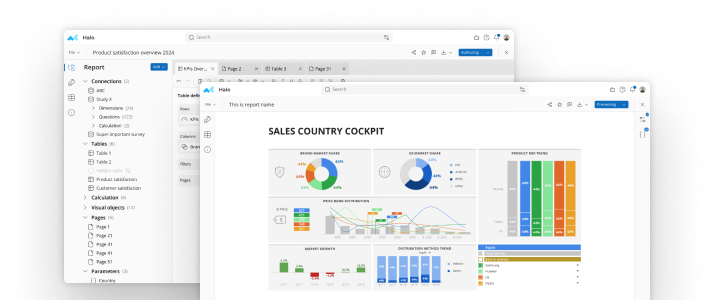
Mobile Qualitative Research or MQR, as it is known, is growing in popularity as a go-to market research tool because it's finally realizing the promise of providing feedback while the customer is using the product. MQR creates feedback in the real world and with the introduction of mobile software analysis tools, researchers can receive and analyze results in real time.
MQR Process
The process is simple and straight forward. After recruiting participants, questions are sent to their mobile device over a period of days or weeks, allowing the participants to react and respond via that same device.A researcher can assemble and view the results with an online dashboard. They can input new questions to reengage any of the participants in real time, delving more deeply into a particular subject. Imagine doing that with traditional or online surveys.MQR Benefits:
- Immediacy
- Familiarity
- Engagement
The primary advantage of Mobile Qualitative Research is the immediacy of feedback. Since participants (and most of us) carry our phones during the day, when at work, out shopping or at a concert or sporting event, participants can text or send photos of their experience at the point of sale, or during the process of entering a crowded stadium.This immediacy means that the information provided is more accurate because the respondents do not have to recall what they experienced at a later time when they are finally sitting down to go online.There is no learning curve for MQR participants since they are simply texting or sending photos on mobile devices that they all ready own and are familiar with. This ease of use helps increase the participation rate because of its simplicity and familiarity.Higher engagement or non-static engagement with the participants is a big plus. Since the information is submitted in real time, a live researcher will know that the data is input at the time the researched event is occurring.
Mobile Qualitative Research = Access
According to the Nielsen group over 265 million Americans have mobile phones, 98% of which are text capable. By the end of 2010, according to the International Telecommunication Union, approximately 5 billion people worldwide had cell phones.Mobile Qualitative Research allows researchers access to those people that either don't have time to sit down at a computer or don't have access to one. Also, using MQR participants don't have to be herded into a study room or assembled into panels, saving significant costs and time.
See mTab Halo in Action
Make smarter decisions faster with the world's #1 Insight Management System.




